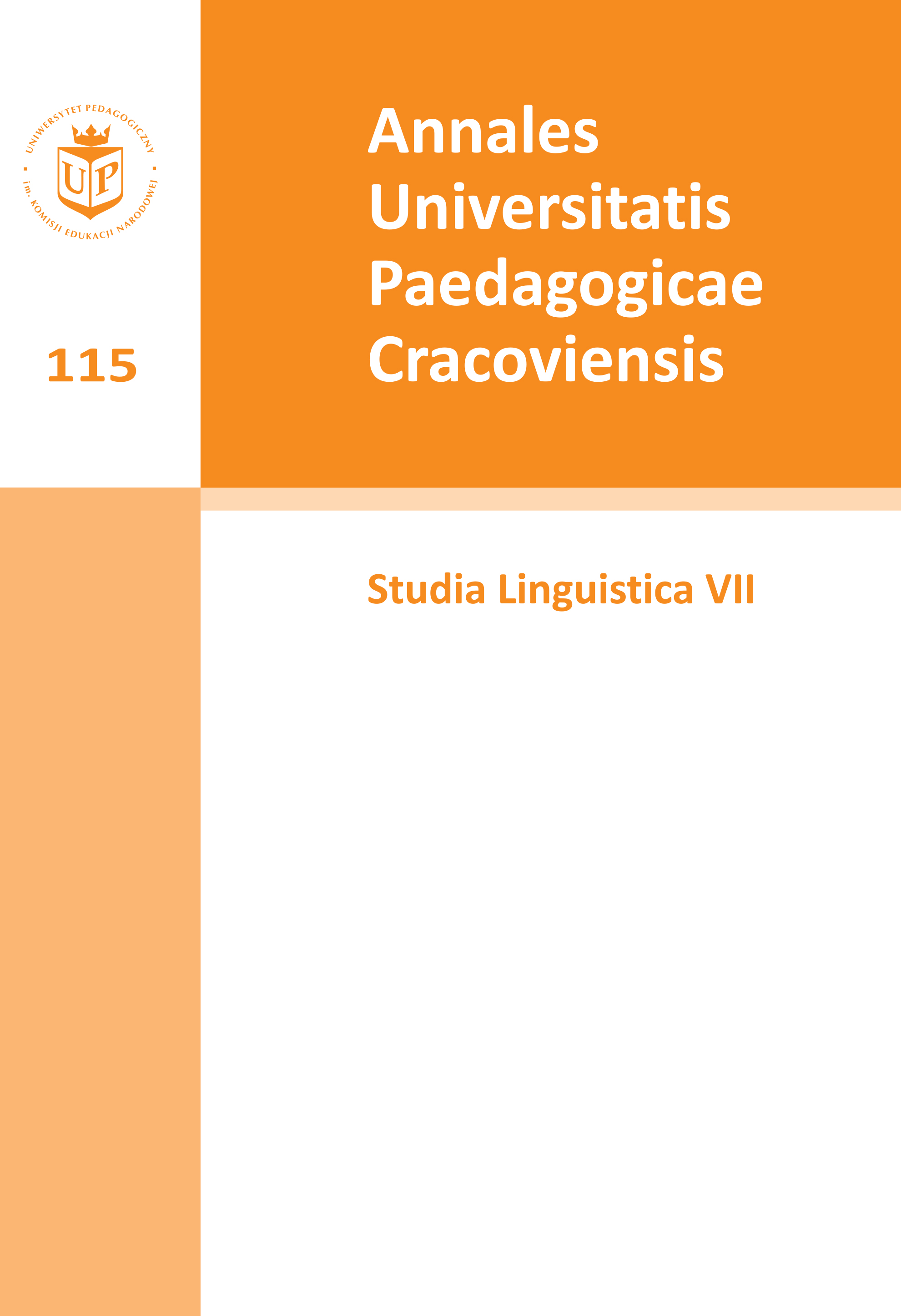Obraz polskiej tożsamości w literaturze najmłodszej po 1989 roku (próba opisu z perspektywy postkolonialnej)
Main Article Content
Abstrakt
The starting point of the article is the assumption that the interpretation of the postcolonial theory in post-1989 Poland is exceptional, very different from the one dominant in the West. The specificity of “the Polish postcolonial model” consists in that it combines both a sense of superiority towards our Eastern neighbours and a sense of inferiority towards Western cultures. This duality offers an interesting framework for the interpretation of works by writers who made their debut in post-communist Poland. The novel Lubiewo by Michał Witkowski potrays the gay culture in the Polish People’s Republic (PRL), idealizing it and using clichés taken from adventure novels. In Piotr Czerski’s Ojciec odchodzi (Father Is Leaving) we find a description of the state of Polish Catholicism which is superficial and offers nothing to counterbalance the Western ideology. Dominika Ożarowska’s debut Nie uderzy żaden piorun (No Thunder Will Strike) presents a generation growing in the Polish People’s Republic (PRL), who, coming of age, declare the lack of ideological values and refuse to engage in anything. In the works by Witkowski and Czerski the world is shown from the post-1989 perspective, while Ożarowska’s book is an interesting attempt to go beyond time limitations.
Downloads
Article Details
Autor, zgłaszając tekst do redakcji czasopisma „Annales Universitatis Paedagogicae Cracoviensis. Studia Linguistica”, zaświadcza, iż jest on rezultatem wyłącznie jego własnej twórczości, że treść artykułu nie była dotychczas publikowana oraz że utwór nie narusza w żadnym stopniu praw autorskich ani praw pokrewnych innych osób, jak również innych praw osób trzecich, a także, że niczyje prawa do utworu (lub jego jakiejkolwiek części) nie zostały pominięte. Po podpisaniu umowy prawa majątkowe do opublikowanych materiałów zostają przeniesione na Wydawnictwo Naukowe Uniwersytetu Komisji Edukacji Narodowej w Krakowie.
Rocznik „Annales Universitatis Paedagogicae Cracoviensis. Studia Linguistica” to czasopismo o otwartym dostępie, a cała jego zawartość jest udostępniana bezpłatnie dla użytkowników i instytucji na zasadach licencji Creative Commons CC-BY-NC-ND 4.0 (uznanie autorstwa, użycie niekomercyjne, bez utworów zależnych). Na podstawie tej licencji autorzy zgadzają się, że ich prace mogą być zgodnie z prawem ponownie wykorzystywane do jakichkolwiek celów, za wyjątkiem celów komercyjnych, bez konieczności uzyskania uprzedniej zgody ze strony autora lub wydawcy. Każdy może prace te czytać, pobierać, kopiować, drukować, rozpowszechniać oraz przetwarzać, pod warunkiem poprawnego oznaczenia autorstwa oraz oryginalnego miejsca publikacji. Publikowanych tekstów nie można wykorzystywać do tworzenia utworów zależnych (np. do tłumaczenia ich i publikowania w innym języku bez zgody wydawcy). Jest to zgodne z definicją otwartego dostępu BOAI (Budapest Open Access Initiative) „Studia Linguistica”nie pobiera opłat za składanie artykułów ani ich przetwarzanie.
Autor, przesyłając artykuł do redakcji „Studia Linguistica”, bezwględnie zgadza się z poniższymi punktami:
-
Oświadczam, że jestem Autorem lub Współautorem nadesłanego tekstu. Przesłany tekst nie był nigdzie publikowany, jest całkowicie oryginalny i nie narusza w żadnym stopniu praw autorskich ani praw pokrewnych innych osób, jak również innych praw osób trzecich, a także, że niczyje prawa do utworu nie zostały pominięte.
-
Oświadczam, że nadesłany tekst nie został złożony do recenzji lub/i publikacji w innym czasopiśmie.
-
Przyjmuję do wiadomości, że Autor ponosi pełną odpowiedzialność za każdy przypadek plagiatu, niezależnie od tego, czy został on wykryty podczas procesu recenzji, czy po publikacji w „Studia Linguistica”.
-
Oświadczam, że ponoszę pełną odpowiedzialność finansową i prawną za wszelkie roszczenia związane z utworem.
-
Potwierdzam uznanie wszystkich źródeł danych wykorzystanych i cytowanych w badaniach.
-
Potwierdzam, że artykuł został wykonany z należytą starannością zgodnie ze standardami edytorskimi „Studia Linguistica”.
